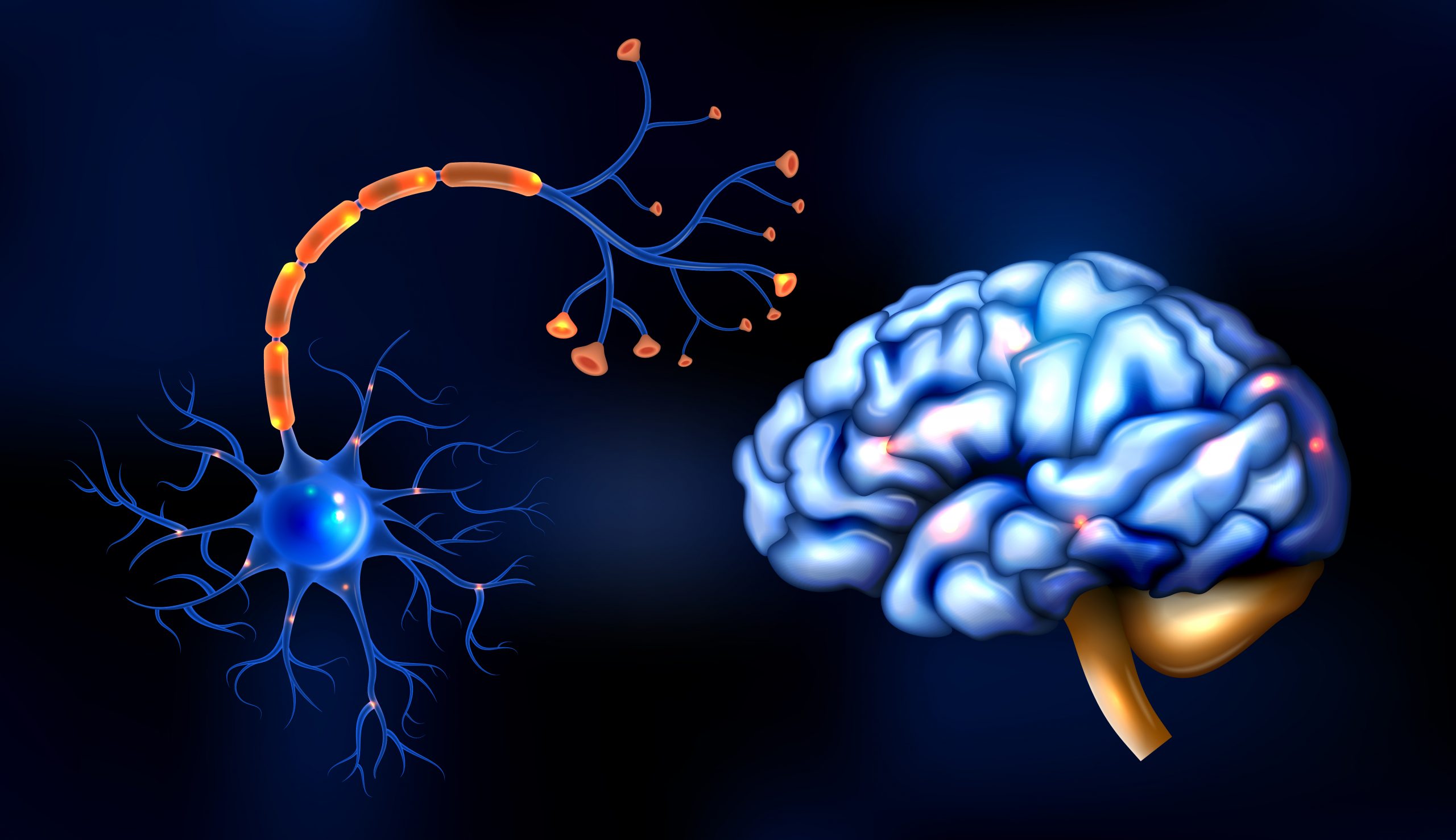

According to a new study by experts at the University of Colorado Anschutz Medical Campus, a promising new stroke medicine that briefly suppresses a crucial protein in the brain without inflicting long-term harm could drastically impact the future treatment of cerebral and global ischemia.
The study appears in the May edition of the Journal of Biological Chemistry.
“We are one step closer to a new stroke therapy,” said K. Ulrich Bayer, Ph.D., professor of pharmacology at the University of Colorado School of Medicine and a senior author of the study. “Our research shows that the potential negative side effects were not manifested, while the neuroprotective effects were significant.”
Current stroke treatment is mostly focused on breaking up blood clots in order to restore blood flow to the afflicted region of the brain. However, the stroke medicine being examined here, which was developed on the CU Anschutz Medical Campus, protects brain function itself.
The researchers set out to figure out how to target Ca2+/calmodulin-dependent protein kinase II, or CaMKII, a key regulator of learning and memory. Long-term interference with this protein was expected to have a negative influence on memory and learning ability.
Using animal models, the researchers targeted the protein with a neuroprotective peptide known as tatCN19o.
“Our team found that tatCN19o did not affect pre-formed memories and only temporarily interfered with learning for less than an hour,” Bayer said.
They also discovered that the medication might prevent brain cell damage even at extremely low dosages and when administered 30 to 60 minutes after an ischemia episode.
Study co-author Carolyn Nicole Brown from the CU School of Medicine Department of Pharmacology said the temporary learning impairment with the drug in cases of global cerebral ischemia or stroke would be “highly acceptable even if they were longer lasting than observed here since the treatment is with a single acute bolus of the drug.”
Additionally, the very short duration of the learning impairment could enable even chronic treatments of some conditions,” she said, “including Alzheimer’s disease, as just one notable example.
Nicole Rumian, Ph.D., a co-author from the Department of Pharmacology, observed that the findings corroborate the notion that the protein is crucial in memory maintenance, but that temporarily suppressing it does not produce long-term amnesia.
Bayer anticipates that additional safety tests will be undertaken with this stroke medicine soon, and that human trials would begin in roughly three years.
“As a basic science researcher, I am super excited to see my work reach the clinic within my lifetime,” he said.
As the technology’s licensee, Neurexis Therapeutics is now developing the medicine through late preclinical research.
more recommended stories
 Precision Oncology with Personalized Cancer Drug Therapy
Precision Oncology with Personalized Cancer Drug TherapyKey Takeaways UC San Diego’s I-PREDICT.
 Iron Deficiency vs Iron Overload in Parkinson’s Disease
Iron Deficiency vs Iron Overload in Parkinson’s DiseaseKey Takeaways (Quick Summary for HCPs).
 Can Ketogenic Diets Help PCOS? Meta-Analysis Insights
Can Ketogenic Diets Help PCOS? Meta-Analysis InsightsKey Takeaways (Quick Summary) A Clinical.
 Silica Nanomatrix Boosts Dendritic Cell Cancer Therapy
Silica Nanomatrix Boosts Dendritic Cell Cancer TherapyKey Points Summary Researchers developed a.
 Vagus Nerve and Cardiac Aging: New Heart Study
Vagus Nerve and Cardiac Aging: New Heart StudyKey Takeaways for Healthcare Professionals Preserving.
 Cognitive Distraction From Conversation While Driving
Cognitive Distraction From Conversation While DrivingKey Takeaways (Quick Summary) Talking, not.
 Fat-Regulating Enzyme Offers New Target for Obesity
Fat-Regulating Enzyme Offers New Target for ObesityKey Highlights (Quick Summary) Researchers identified.
 Spatial Computing Explains How Brain Organizes Cognition
Spatial Computing Explains How Brain Organizes CognitionKey Takeaways (Quick Summary) MIT researchers.
 Gestational Diabetes Risk Identified by Blood Metabolites
Gestational Diabetes Risk Identified by Blood MetabolitesKey Takeaways (Quick Summary for Clinicians).
 Phage Therapy Study Reveals RNA-Based Infection Control
Phage Therapy Study Reveals RNA-Based Infection ControlKey Takeaways (Quick Summary) Researchers uncovered.

Leave a Comment